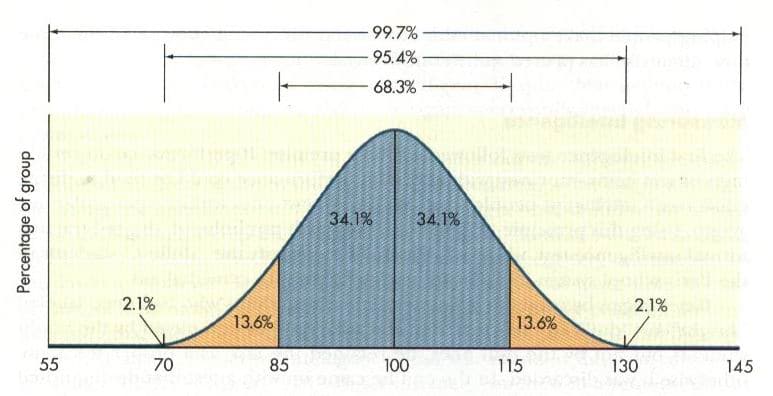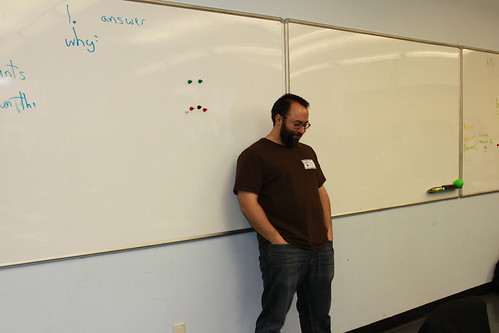You Been Systematized!
What would you say of the educator or the student who comes to school empty? Are they to starve or is there a place for them at the table? To whom do they appeal and to where do they turn? Poverty of thoughts, skills, creativity, or influence can be as debilitating as poverty of funds or material goods in a context where possession is 9/10ths of the law.
It may be an accurate estimation or it may be a decision. Facilitative education may sometimes require the thoughtful teacher or student to become empty before the learning experience begins. Allow new thoughts to interact and combine. Consider. Be open instead of being correct.
The expectation of the teacher as sole owner of knowledge remains prevalent in American education. While there are many critiques of the “Sage on the Stage” and clever euphemisms for the granola-crunchy-sit-on-the-floor “Guide on the Side,” there is little being done to support a facilitative approach in the classroom. The drill-and-kill crank-and-spank world of test prep-test-retest-test prep-sanction-fire-celebrate-rinse-repeat is one where thinking and causing to think is a lost craft.
Despite all this, the stone soup approach to education appeals to many and creates success in unmeasurable and more importantly measurable ways. The economy of thought crafted to inspire different thinking in students works. Recontextualizing and reconceptualizing education is making our students uncomfortable in all the right ways. They are finding themselves at the helm of their mental ship and going asynch on the choose-your-own-adventure of their lives.
The dangers of this approach is that our systematic students in our systematic schedules and systematic rooms are expecting the answers. They expect rules and they expect tests to be the same for everyone. When asked about the midterm and final, responses that seem flexible cause them to assume naïveté on the part of the instructor. That is right. Willingness to change the syllabus, discuss the rightness of right answers, reconsider decisions, and allow for self-directed assessments may (read: are likely to) cause quite a stir (and not in your favor, tenure-seekers). Are you ready to introduce your money to your mouth?
The standardization of the profession has been relegated to assessment and scheduling. The checks and balances of training, certification, experience, and continuing professional development have been devalued. Snake oil salesmen and saleswomen have taken to the streets to sell a bill of goods to the public by politicking on their fears and emotional sensibilities rather than truth.
The country is experiencing the pains of systemic problems that are being “cured” through inadequate methods.
Systemic.
If the school is a body, the teachers and support staff are its hands and feet. Politicos and re-faux-mers will have you believe that there are problems in systems because of the extremities when, in fact, these are usually symptoms of a more widespread problem. When challenged, these same politicos compare members of the same group–they find a few who are doing well, even thriving, in the same system.
Imagine going to the doctor with an immobile hand and being told that it is the hand’s fault as the other one seems to be working just fine.
A wise physician would surely inspect the ailing appendage, but would be far more concerned about neurological dysfunction or see this type of symptom as a telltale sign of more significant distress of the heart or brain.
Our current methods of assessing teacher quality and teaching efficacy is not aligned with what many of us claim to be true.

There is nothing standard about this error.
We have become systemic hypocrites.
Constructivism! Hands-on learning! Progressive education! Social learning! These are reallying cries for change. Yet we assess those teachers with the same old means.
These surely are a means to an end.




